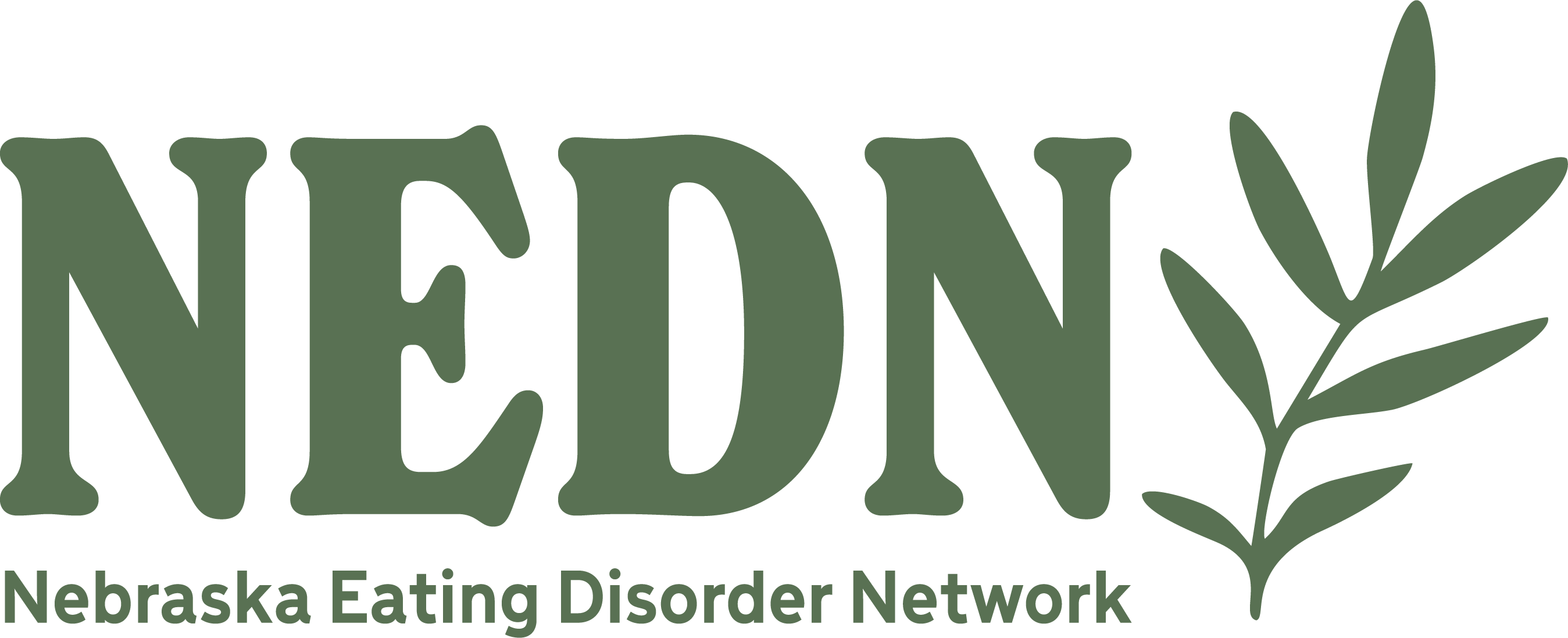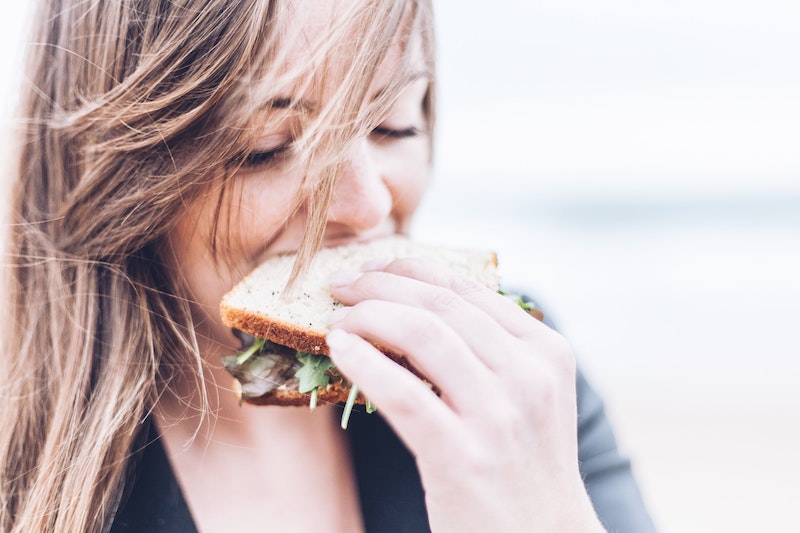By Krista Godfrey MS, RD, LMNT | Life Cycle Nutrition LLC
When we are babies, we have this inherent ability of knowing when we’re hungry and knowing when we’re full; and, generally, this is honored by our caregivers. As we grow and develop food can start to be used as reward, comfort, or punishment – it so often becomes less and less about the focus on nourishment. The body-mind connection that drove our relationship with food in the beginning becomes distorted with rules, restrictions, eliminations, and comfort.

March is National Nutrition Month, an opportunity for us to consider how food is designed to nourish our bodies. Often, nutrition can get intertwined with morality when the words “good” and “bad” are associated with different foods and food groups. Our society has taken this a step further and personalized this “good” and “bad” in connection to the morality of individuals. Food is neither good nor bad and what you choose to eat is not a definition of who you are as an individual.
“Food is meant to nourish our bodies, not nurture us.”
Healthy nourishment can be found through incorporating a wide variety of foods. When we can find balance between nutritionally dense and less nutritionally dense foods we don’t have to live in a state of deprivation in relationship to food. Living in extremes on either end of the spectrum of nutritional density does not allow us space to find balance with all foods. Disorder enters our lives when we begin to turn to or away from food as a means of coping with emotional distress. Food is naturally comforting to our bodies and this is a healthy recognition of how the physiology of our bodies works; however, finding the balance between using food as nourishment versus comfort/nurture is important.
A challenge for each of us to consider is what we use to nurture ourselves. How does our relationship with food look in terms of nourish versus nurture? If this question strikes a chord with you, if it makes you more curious about your relationship with food, and if you want to explore that further, turning to helpful professionals like Registered Dietitians can help you begin that process. Food has a unique and innate ability to nourish the human body – let the journey begin to find new and positive ways to nurture yourself.
This advice is not to be used in place of a licensed mental health provider, please visit the Nebraska Eating Disorders Network About page for professionals who can help you work through the difficult world of mental health, body image and eating disorder recovery.




Recent Comments